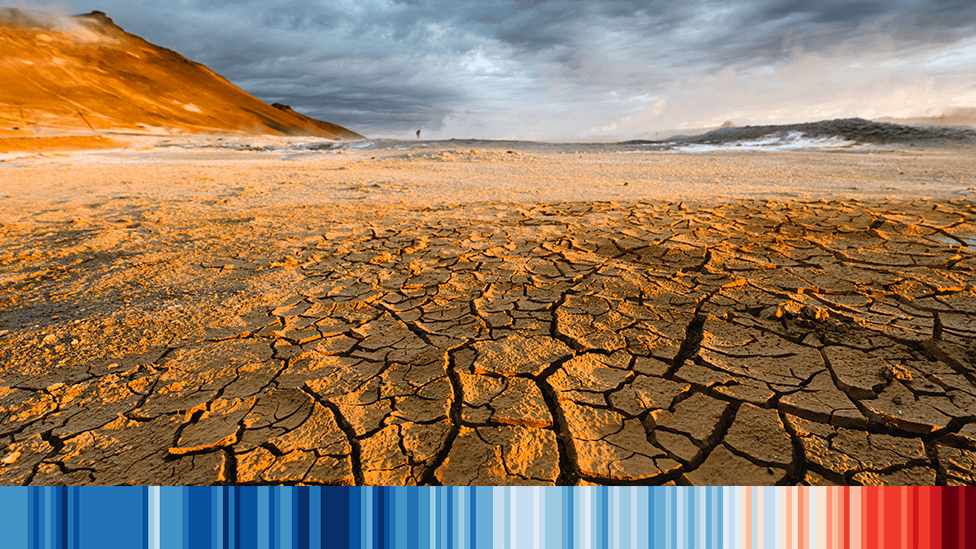No, UK weather is not being manipulated
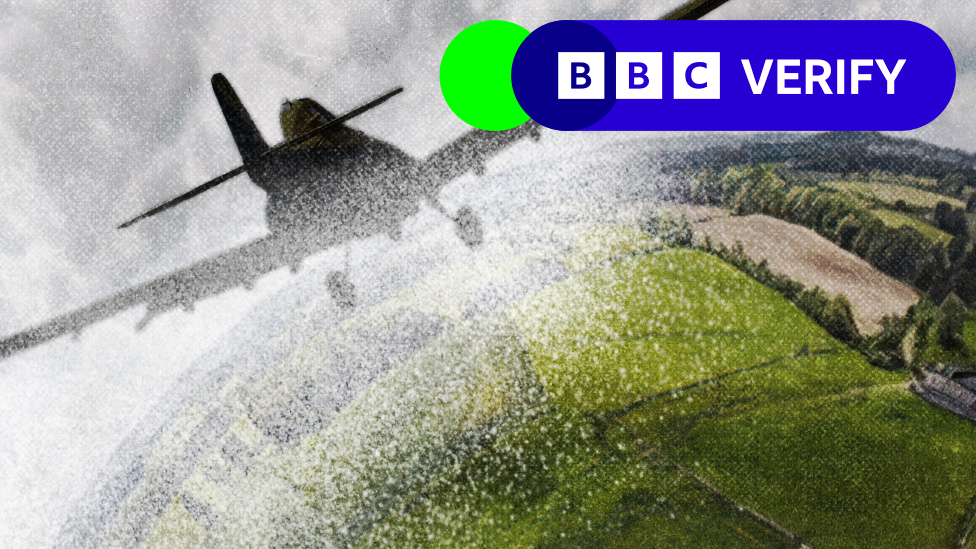
- Published
June's weather may have felt erratic at times - but for some social media users, there was nothing random about it. They wrongly blamed it on "weather manipulation" and "geoengineering". Others accused weather presenters of "hiding the truth" from the public.
Much of June experienced temperatures about 2C (3.6F) lower than average, external, due to colder air coming from the Arctic.
That was reversed in the last week of the month as warmer air moved in, bringing the UK temperature closer to normal, but still 0.4C colder than average.
Combined with one of the wettest winters in recent years, this has left many wondering what is going on with the British weather.
But not all possible explanations circulating on social media are grounded in scientific evidence.
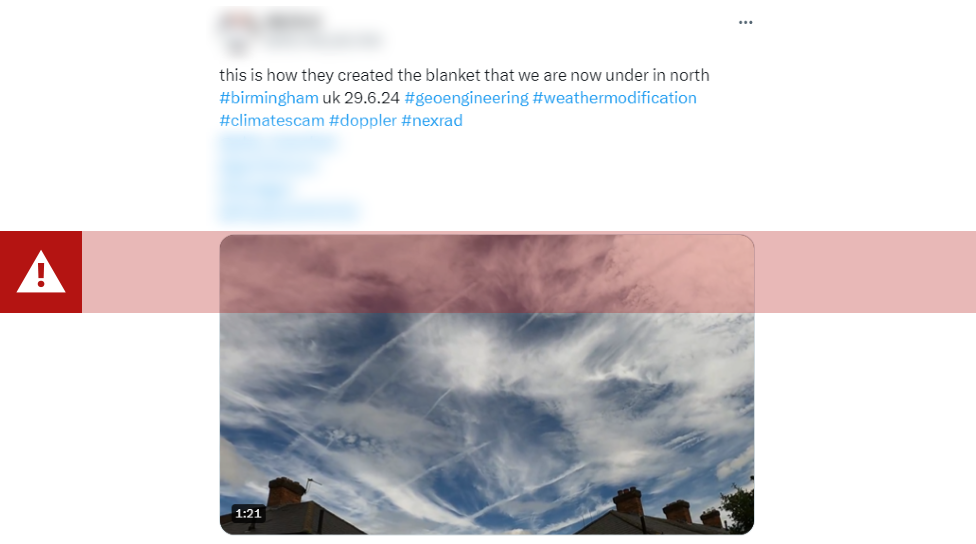
To some users, the recent cooler weather suggests climate change may not be real. But short-term weather events are not representative of long-term climate trends in the UK.
And recent decades have also proved warmer, wetter, and sunnier, external than those in the 20th Century, as the climate continues to change, external.
But among those who deny the existence of climate change, an alternative theory has been gaining momentum. It alleges that the government is supposedly controlling both weather and climate for sinister purposes.
Variations of this narrative have been circulating online for years, but in the aftermath of unusual weather events it tends to resurface on all major social media platforms.
By using social media analytics tools, BBC Verify found that conversation around these topics has been gaining momentum this year.
Since January, mentions of #GeoEngineering on X more than doubled worldwide, compared with the last six months of 2023.
BBC Verify found thousands of tweets spreading falsehoods and conspiracy theories.
These claims often lump together processes that are largely different from each other, such as weather modification and geoengineering.
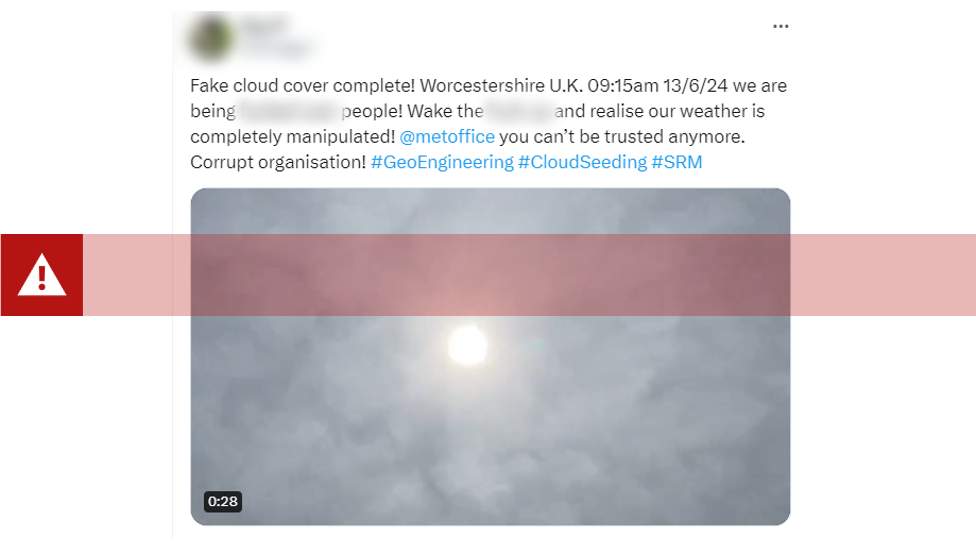
The most well-known form of weather modification is cloud seeding - a technique through which tiny particles are released into existing clouds to produce rain or snow.
Cloud seeding has been around for decades, and has been deployed in places like the US, China and the United Arab Emirates, mostly to help tackle water shortages.
On social media, some users have claimed that high levels of rainfall across the UK could only be explained by the deployment of cloud seeding on an industrial scale.
This is false.
On a rapidly warming planet, warm air is able to hold more moisture, which in turn fuels more intense rainfall.
Climate change may not be the only factor behind the UK’s waterlogged winter, but it has certainly played an important role in it.
While the UK government funded cloud seeding experiments in the 1950s, external, the Met Office says it is not aware of any activity connected to weather modification taking place in the UK in recent years.
In addition to that, cloud seeding can only have small, targeted impacts. It does not affect long-term weather or the climate.
That is where the idea of geoengineering comes in.
Geoengineering is an umbrella term most commonly used to describe attempts to manipulate the environment, with the goal of reducing the effects of climate change.
Under current climate policies, the Earth is likely to heat up by more than 1.5C in the next few decades, breaching a key climate threshold.
As the clock ticks away, some scientists believe governments should be looking into alternative methods of cooling the Earth.
This could involve capturing and removing greenhouse gases from the atmosphere - something the UK is actively researching.
But there is no evidence to suggest that removing gases like carbon dioxide has any impact on short-term weather.
Cooling the Earth could also be achieved through solar radiation management - a process through which some of the Sun's energy that reaches Earth is reflected back into space.
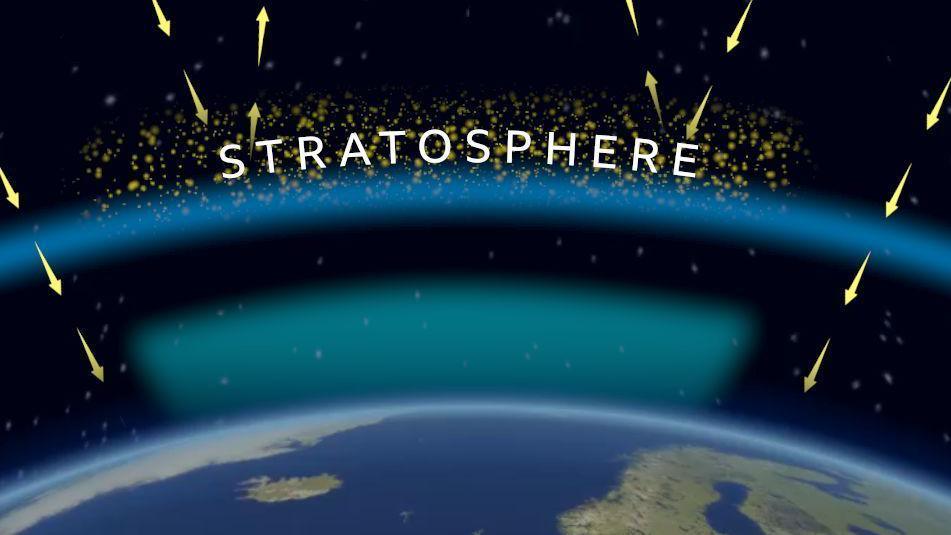
Injecting gases such as sulphur dioxide into the stratosphere could theoretically cool the planet, but research in this field is in its infancy.
The Department for Energy Security and Net Zero says the UK government is “not deploying solar radiation management” and that it has “no plans to do so”.
And yet, some social media users claim, without evidence, that a cover-up is taking place - one in which BBC Weather and other forecasters are playing a key role (or so those users allege).
“Imagine watching the geoengineers at work, and you report the weather without telling the truth about what really is going on,” wrote one user on X. “That is sick!”
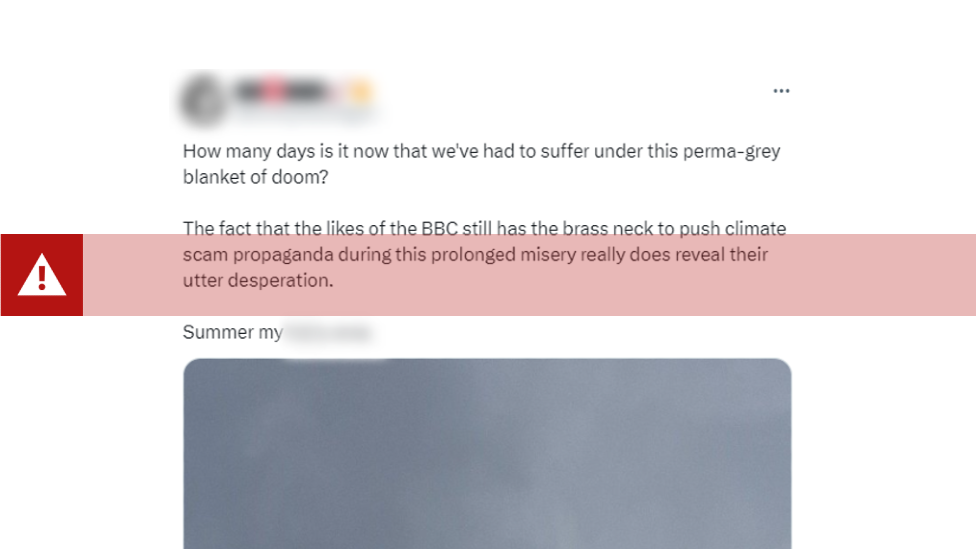
Many of these users were also found to frequently tweet about “chemtrails”, a widely debunked conspiracy theory about a secretive plot to spray people with dangerous chemicals.
The Royal Meteorological Society condemns the abuse weather forecasters have been receiving - which, it says, can have chilling effects.
“We work very closely with young scientists to encourage them to share their science with the public,” says Prof Liz Bentley, chief executive of the Royal Meteorological Society. “But they are fearful of the trolling that might take place.”
Others argue that it may also affect research into geoengineering, as potential donors may be reluctant to put their money into projects the public may perceive as “controversial”.
“A lot of funders are very sceptical of funding research,” says Dr Ramit Debnath, an assistant professor at the University of Cambridge, who investigated how online conversations about geoengineering have been hijacked by conspiracy theories.
“It’s this whole idea that someone is trying to control our natural resources, our environment - and that, through that intervention, we are trying to control or take away people’s freedom,” he says.

Related topics
- Attribution
- Published13 June 2024
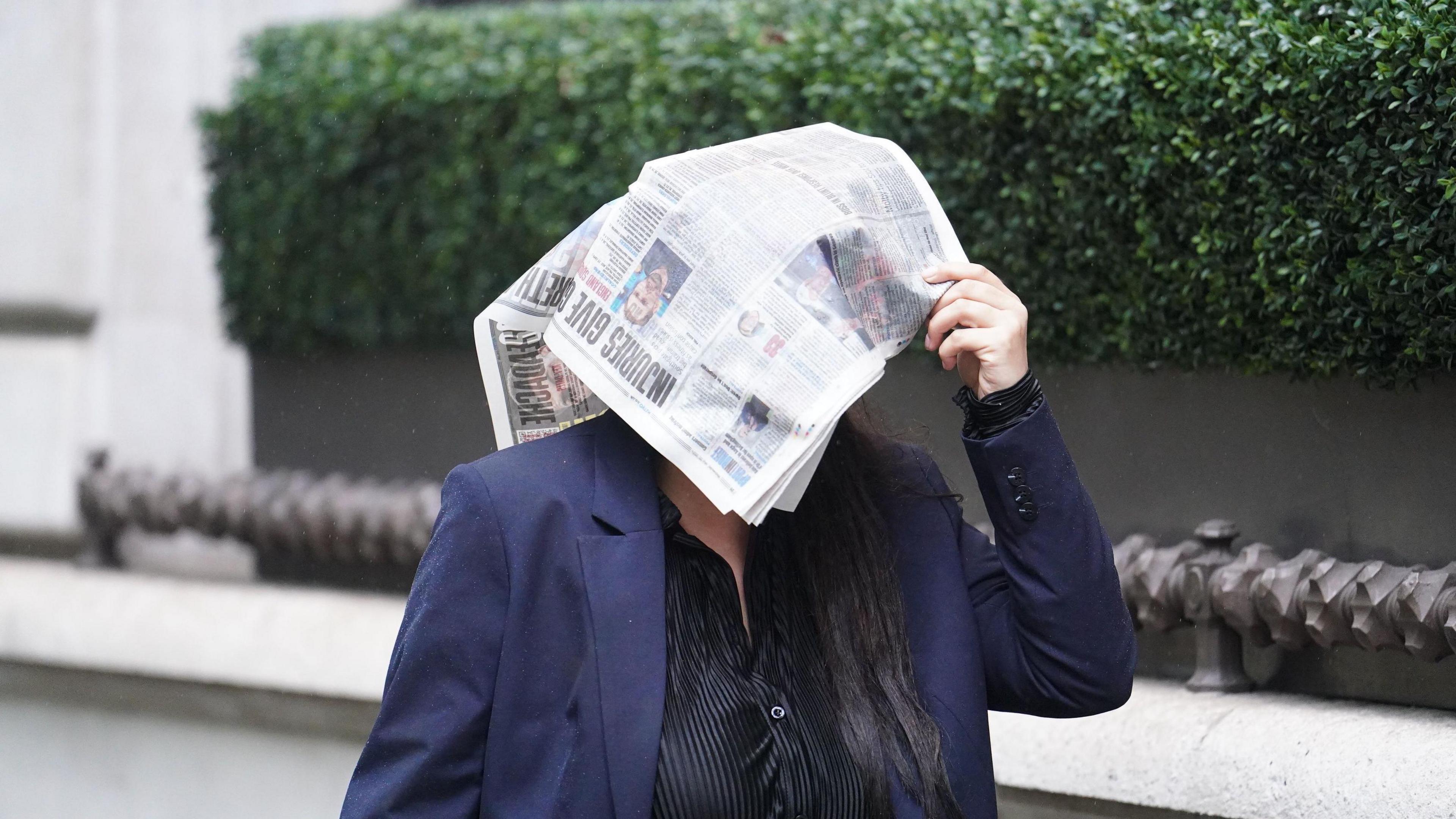
- Published17 April 2024
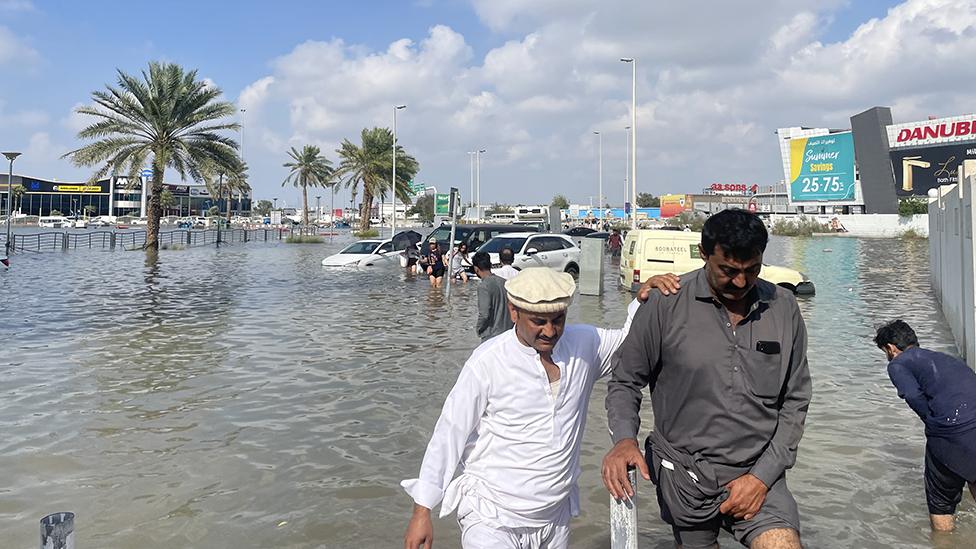
- Published16 March 2024

